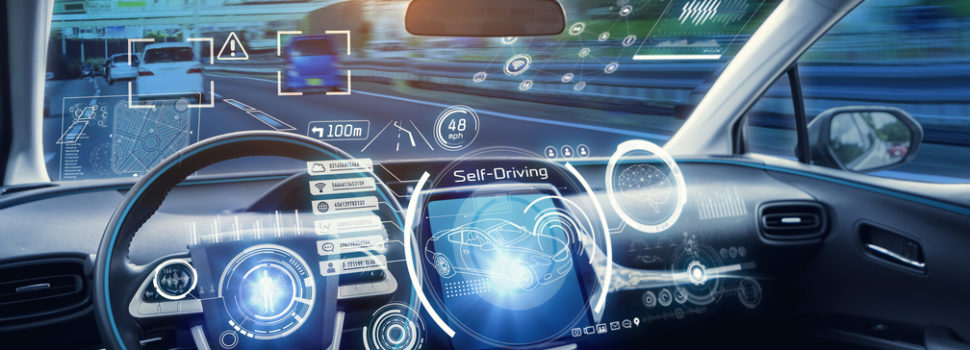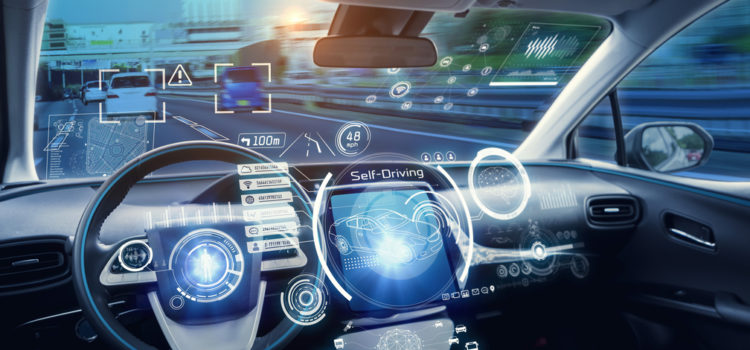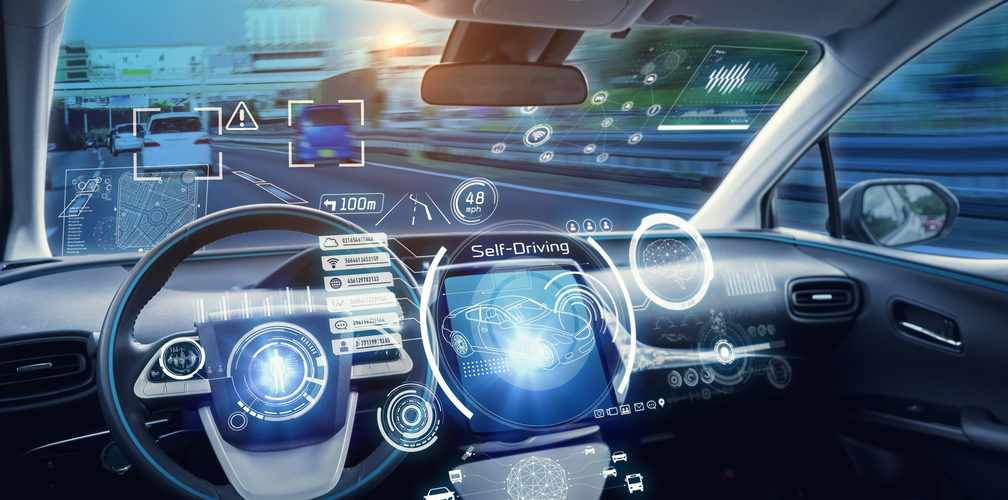


The future of commuting is looking ever more and more like a driverless one. Maybe someday driving cars will be as quaint a pastime as riding horses or hopping in a horse-drawn carriage. However, that reality isn’t upon us yet: there are a number of kinks that need to be worked out of the technology before it has the green light for mass commercial production. Not to mention, there’s the question of affordability and accessibility. So, let’s take a look at the companies leading the pack in the race for first driverless car.
Renault-Nissan Alliance
Nissan’s Japanese cars feature the ProPILOT technology, a software suite that drives for you on the highway. The company plans to roll the feature out in the American market soon, and they plan to further add features to it as they are finalized. Features are meant to be incremental additions until the cars are fully driverless, and the company plans on this being the case by 2020.
While the 2020 deadline may seem a bit soon, Renault-Nissan has faith in their ProPILOT technology. The company claims their driverless features are all nearly ready now. Now, they just need a bit more safety testing to be road-ready.
General Motors
After acquiring Cruise Automation, GM has been full-steam ahead on driverless technology. The company has been championing their Chevy Bolt, an electric driverless car likely to see mass market soon. GM has expressed their desire to test their cars in a wide array of different conditions in order to ensure maximum safety for passengers and other drivers.
GM CEO Mary Barra has been quoted regarding GM’s safety testing saying: “A lot of the conversation has been about, ‘Oh, we have this many miles,’ but it’s not as much about the miles as it is about the experiences that the car learns.” This is in seeming contrast to companies like Waymo. Waymo has dedicated thousands of hours to safety testing, but almost exclusively in sunny and dry regions like Arizona.
Ongoing Focus on Driverless Car Technology: Ford
Ford has been quietly pursuing driverless technology for more than a decade now. In 2005, Ford joined the DARPA Grand Challenge, kicking off their public interest in the burgeoning technology. Ford invested a ton of money in a lidar manufacturer called Velodyne in 2016, and has promised to invest over one billion (!) dollars in an AI company called Argo AI.
Ford’s fleet of autonomous cars has been delivering on the promise of these investments. Ford recently partnered with Lyft, who also plans to use a driverless fleet for their ride-hailing service. All of this points to Ford’s ongoing dedication to pushing forward with driverless tech. Which of these companies will be the first to mass-market with a driverless car? Or will it be another company altogether? Only time will tell.











No comments so far.
Be first to leave comment below.